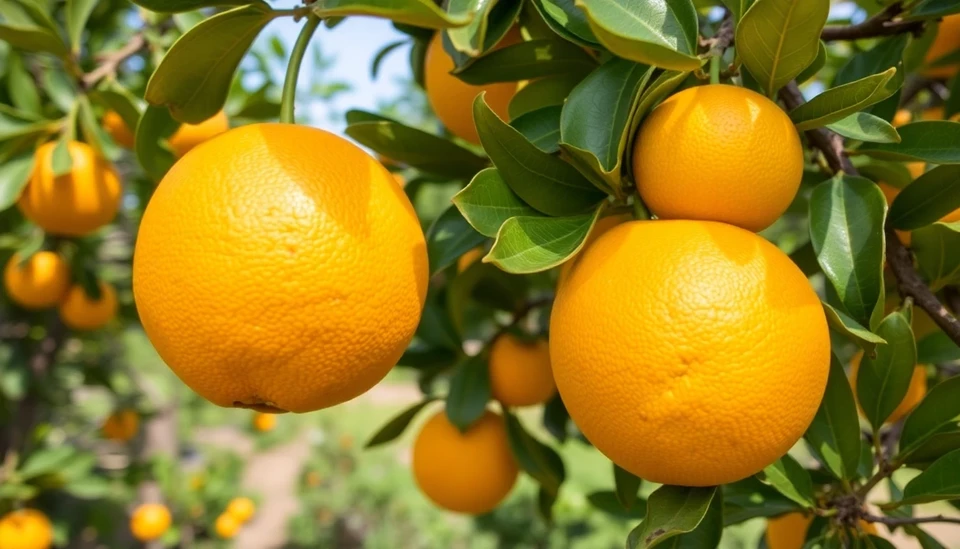
This works out to a loss of $1.9 billion in one of its lucrative agricultural industries. In addition to this, a new plant disease is also taking centre stage and threatening to decimate the country's citrus crops as one of the world's largest exporters.
From oranges to lemons to grapefruits, the citrus fruits of South Africa have become so integral to world markets, especially large importers like the European Union and the United States, that a newly emerging disease threatens not only current crops but also the longer-term viability of citrus growing in this country, dependent as it is on an export market and the livelihoods of millions either working in or dependent on this sector.
The disease, which has not been in-depth detailed in public forums as yet, has sounded alarm bells across the agricultural world. The authorities and experts have gone into overdrive to take stock of the situation and find a way to contain its spread. The South African government is meeting with agricultural scientists and industry players in an emergency setting to strengthen its defenses against the impending epidemic.
From extreme drought to floods, and even insect attacks, the South African citrus industry has been confronted with several problems. Experts said this new disease could be one of the worst risks, second to agricultural crises in the past that wiped out whole chunks of the industry. Thus, the International Citrus Conference, scheduled for continued threats and new solutions, is likely to give special priority to the emerging situation.
Consequently, the government is bound to commit more resources to research and development of agriculture in the quest for a solution-a stopgap as well as a lasting solution-to save the citrus industry from this impending threat. There is an immediate need for collaboration between researchers and farmers for the supply of resistant varieties of fruits and methods that will make the current ways of farming resistant to these threats.
The outcome of this struggle will have consequences not only for the economy of South Africa but could overflow into world markets and have the potential to make some supply and price changes in citrus fruits anywhere. Such challenges call out for strict agricultural policies and international cooperation in disease management to prevent any repetition of such disasters in the future.
As the situation is still developing, all stakeholders in the agriculture and export sectors are well advised to keep apprised and proactive in addressing the many challenges brought about by this new disease. The story is still unfolding, and certainly it will be a case study in how one of the world's agricultural leaders is going to handle such a threat.
#SouthAfrica #CitrusIndustry #AgriculturalDisease #GlobalTrade #EconomicImpact #CitrusExports #PlantDisease #AgricultureCrisis
Author: Daniel Foster




